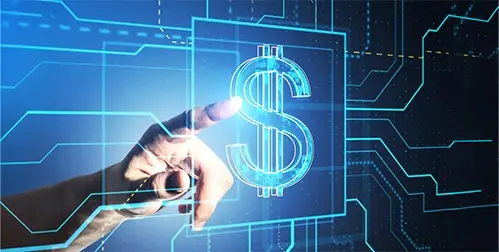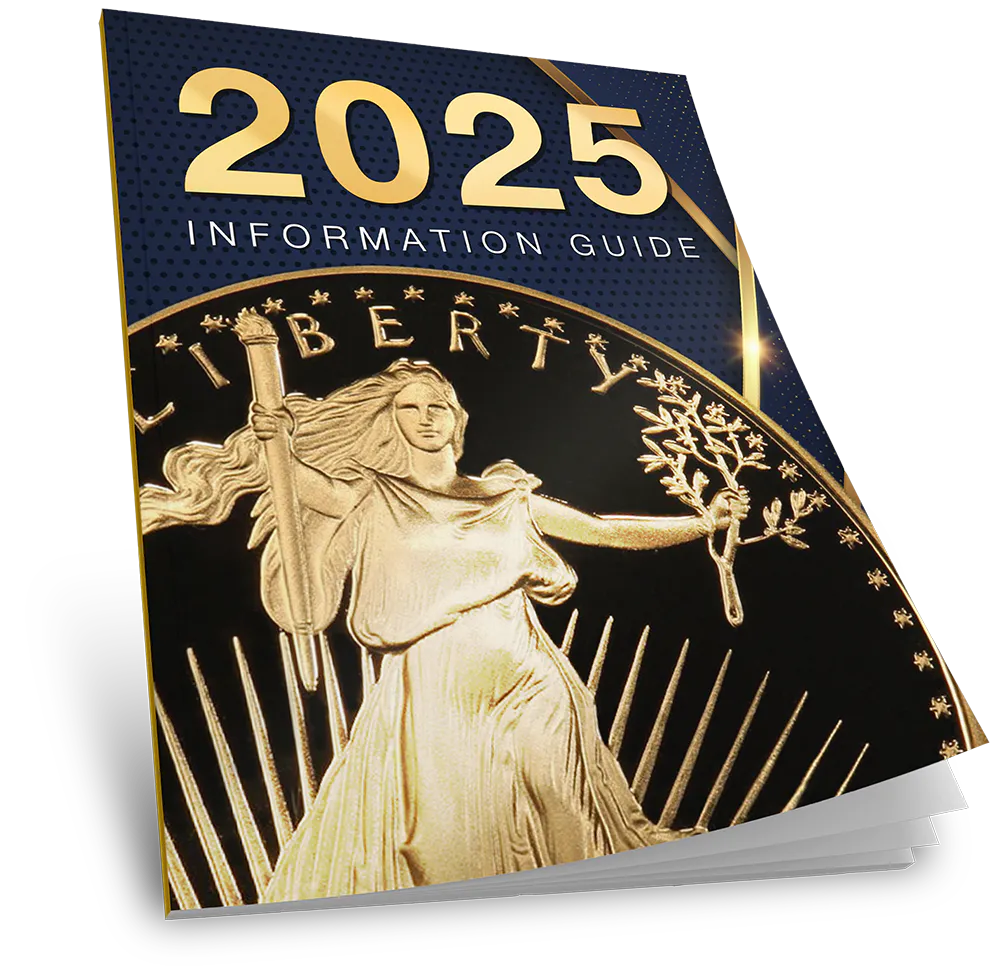Rise of the Digital Dollar
Central bank digital currencies, commonly known as digital dollars, are swiftly gaining prominence worldwide. More than 100 countries are actively developing their own versions. While proponents highlight their potential for enhancing financial efficiency and inclusion, freedom advocates warn they could become tools for extensive financial surveillance and control. As these digital currencies evolve, fintech platforms serve as a transitional phase, fraught with their own significant risks. There is a growing urgency to consider physical precious metals as a safeguard before the complete transition to digital currencies takes place.
Resistance to the Digital Dollar
While there is pushback against the digital economy, it may be too little, too late. House Republicans passed the CBDC Anti-Surveillance Act. All 192 nays came from democrats.
Rep. Patrick McHenry argued there are troubling examples of governments “weaponizing their financial systems against their own citizens.” He stated bluntly that such financial surveillance enabled by a CBDC “has no place in the United States.” The bill still needs to pass the Senate. 1
The act doesn’t totally stop the creation of a digital dollar. Instead, the Treasury needs explicit authorization from Congress to do so. So, a Democratic-led Congress could still introduce a digital dollar.
Republican Congressmen aren’t the only ones with reservations. Michelle Bowman is a Federal Reserve Governor. She said “The potential benefits of a U.S. CBDC remain unclear, and the introduction of a U.S. CBDC could pose significant risks and tradeoffs for the financial system. These risks and tradeoffs include potential unintended consequences for the U.S. banking system and considerable consumer privacy concerns,” Bowman said.2
Bowman also pointed out that there are risks in the proposed digital dollar alternative, stablecoins. A stablecoin is a type of cryptocurrency designed to maintain a stable value by being pegged to a reserve asset like the US dollar. This stability aims to provide the benefits of digital currency without the high volatility associated with traditional cryptocurrencies. Bowman finds stablecoins to be less secure, less stable, and less regulated than traditional forms of money. All of which could harm consumers and contribute to broader financial stability risks.
Dangers of Fintech
Fintech apps are teaching consumers the dangers of digital banking the hard way. A fintech banking app is a mobile application that uses technology to provide banking services, such as managing accounts, making payments, and transferring money. It aims to make financial tasks easier, faster, and more convenient for users. They offer incentives such as higher interest rates and sweepstakes. Some even bill themselves as FDIC insured.
However, those promises aren’t proving to be worth the pixels they are written with. More than 200,000 fintech customers have been denied access to their “FDIC insured” accounts since May. That’s when the fintech provider, Synapse Financial Technologies, went bankrupt. Investigators are saying between $65 million to $96 million have simply vanished. The FDIC says they can’t act because there hasn’t been a bank failure. As the fintech industry grows more volatile, clients should know that FDIC insurance does not protect against bankruptcy. 3
 4
4
The government says customers may have other recourse if the fintech has clear records. But those companies are seldom transparent. It’s hard for customers to know how well fintech companies that promise FDIC insurance manage accounts. They can become custodians for people’s assets in certain contexts and not have to register as anything.
One bank director stated, “Fintechs have arbitraged the industry in that they’ve had all the benefits of the bank without the risks and the cost,” Nichols adds. “Banks have allowed this to happen in the quest for greater fees and deposit balances.”5
Risks of the 100% Digital Economy
Fintech apps and the digital dollar aren’t the same thing, but they are two paths to the same destination. Both fintech banking and the digital dollar promise to enhance financial inclusion, improve transaction speed, and reduce costs. Their shared goal is transforming the traditional financial landscape.
But as they developed, their greater the risks are being revealed. Both present a threat to privacy. Digital transactions can be tracked and monitored. This opens the door to third parties, like the government, approving or voiding your purchases and donations. Since assets are now code, there is a greater risk of fund loss. Hacking, technical glitches, or service provider collapse all expose your funds to theft or simple erasure.
Like those who thought they had FDIC insurance, people are discovering the limits of government protections. Users may lack recourse for fraud or financial loss compared to traditional banking systems. In addition, rapid technological changes may outpace existing laws and protections. This increases the risk of abuse or exploitation in digital financial services.
Conclusion
The move to a totally digital economy is fraught with economic dangers. Never-before seen challenges to privacy and fiscal security are arising. Despite some effort to slow the tide, the race to reshape the economy will create problems that regulators may never catch up to. For some, the only way to be sure about your wealth is to hold it in your hands. Existing outside the digital economy, physical precious metals can protect the value of your savings and your privacy. To learn how a Gold IRA can benefit you today, call us at 800-462-0071.
Notes:
1. https://dailycoin.com/is-historic-cbdc-bill-the-end-of-the-line-for-digital-dollar/
2. https://www.pymnts.com/cbdc/2023/fed-governor-michelle-bowman-concerned-about-risk-of-digital-dollar/
3. https://www.forbes.com/sites/emilymason/2024/06/17/is-your-money-really-safe-in-an-fdic-insured-fintech-account/
4. https://thefinancialbrand.com/news/fintech-banking/how-a-new-report-from-silicon-valley-bank-assesses-the-future-of-fintech-171582/
5. https://www.forbes.com/sites/emilymason/2024/06/17/is-your-money-really-safe-in-an-fdic-insured-fintech-account






